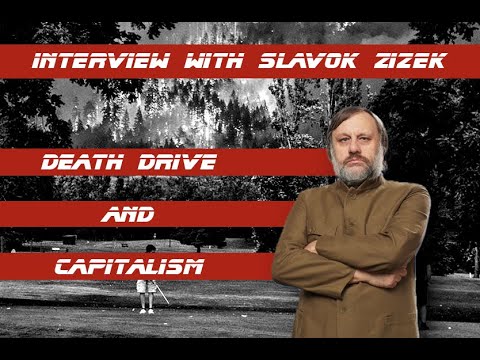In this video, Slavoj Zizek interrogates the “strange new functioning of ideology” of post-enlightenment societies whereby the subject no longer truly believes, yet carries on all the same. Liberal Democratic values and narratives persist, but in an empty and distorted form. The Ideals of human rights, freedom, and equality exist alongside obscene, undemocratic conditions. For example, we know full well that we are accelerating toward ecological catastrophe, yet we are left unable to address it. How are we to understand this deadlock between progressive ideas of post-enlightenment politics and our inability to actualize them?
Zizek’s answer is properly dialectical: the contradiction does not exist between positive ideas and pathological violence or corruption, but instead lies at the heart of these positive ideas and their attempted actualization. Liberalism needs violence to operate. Slavery, colonialism, war, etc all occurred under the banner of enlightenment philosophy and not out of any coincidence or contingency.
At the end of this clip, Zizek makes the crucial point: Death Drive and Hegelian Dialectics are two sides of the same coin. Zizek arrives at this conclusion through an analysis of capitalism and its contradictions, exploring ecological crisis, the necessity of war, and China’s attempts to control the contradictions of capitalism.



I can never understand a word he’s saying, but I can tell by the way he snorts that he is very based.